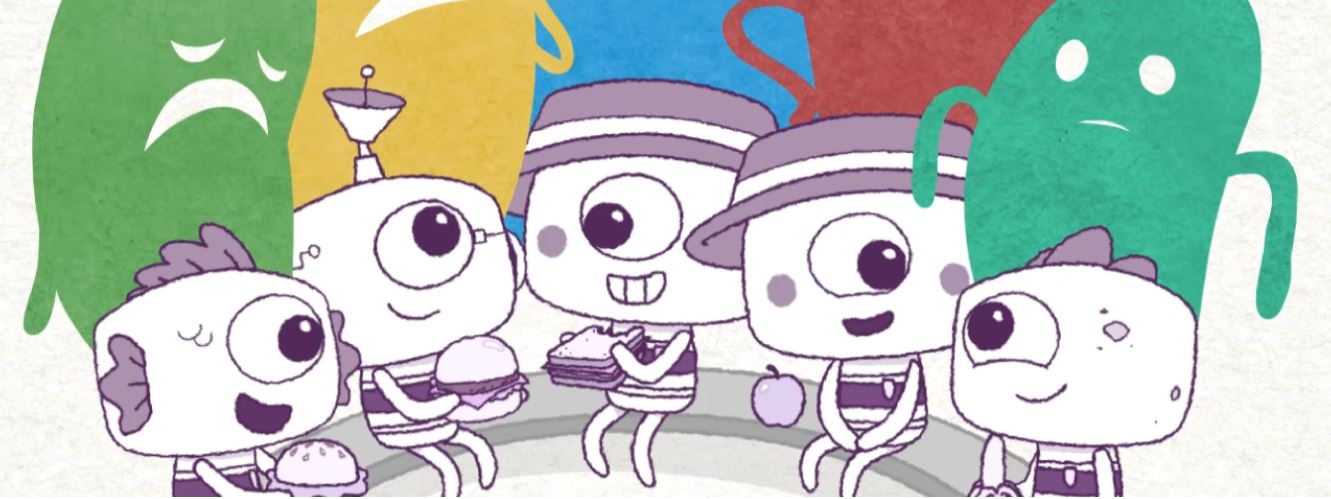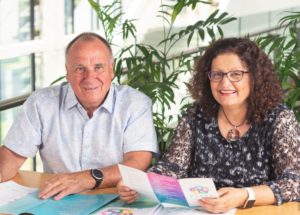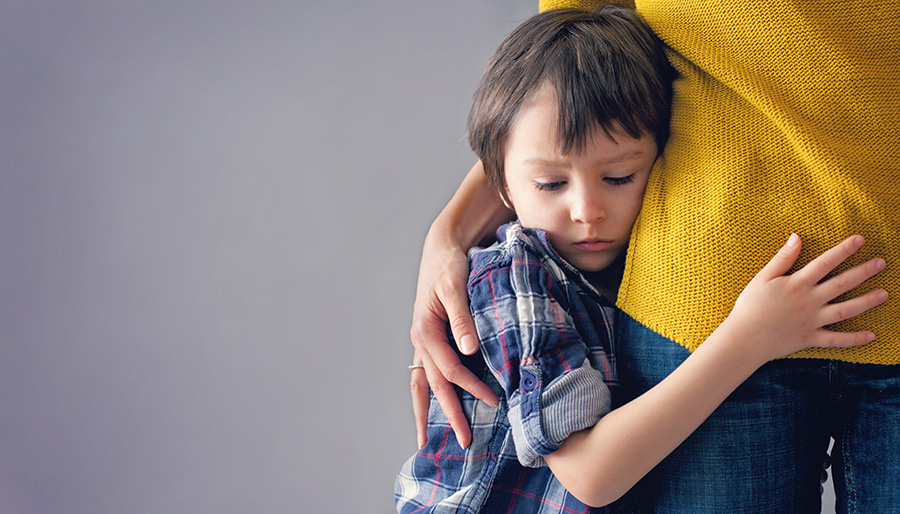An anti-bullying classroom resource developed in South Australia is being adapted overseas to help children cope with trauma and anxiety.
Talks have started with key child support groups in China and Türkiye (Turkey) to respectively translate the resources to help neurodiverse school children in international schools cope with stress and bullying – and to relieve young people’s trauma and anxiety resulting from earthquakes which have ravaged south-eastern parts of Türkiye.
Developed for Australian schools, the ‘Big Talks for Little People‘ program is built upon Flinders University’s pioneering PEACE (Preparation, Education, Action, Coping, Evaluation) Pack, has been been used at a number of SA primary schools.
Backed by SA foundations Little Heroes and Breakthrough Mental Health Research and other sponsors, the program is also being adapted for Aboriginal and Torres Strait Islander peoples and for sporting clubs and schools through the health and PE curriculum across Australia.
Flinders University Professor Phillip Slee and colleagues developed the educational materials after finding bullying is a serious problem in Australian schools.
Their research found more than 20% of males and 15% of females aged 8 to 18 years reporting being bullied at least once a week (Slee, PT, 2017. School Bullying: Teachers helping students cope. Routledge, London).
“These programs focus around social-emotional learning – so helping students develop good decision making to develop skills for establishing positive peer relationships,” says Emeritus Professor Slee.
“It also picks up on elements that are important for young people to grasp around coping with conflict, developing resilience in the face of adversity, and a range of other skills.
“Those particular skills are taught in a very active way in the classroom by the teachers.”

The Big Talks for Little People program sees primary school-aged students participate in a six-part lesson plan focusing on key aspects such emotions, resilience, conflict management and exclusion, and asks participants to self evaluate their skills both before and after the program, as well as a third time later in the year to see if skills have been retained.
“We have found that the level of bullying significantly declines when we teach students something about relationships skills, managing and expressing their feelings and emotions, and about conflict resolution,” says Professor Slee, who says levels of anxiety have risen since the COVID-19 lockdowns.
The program’s content, including colourful animations, centres around cartoon-like characters called ‘Peeps’ (short for ‘people’), and are specifically designed to not have an identifiable gender, nor can one identify features of the character’s culture or race.
Instead, these characters have particular characteristics and colour palettes, which Professor Slee says enables them to be identifiable from a children’s point of view.
“There’s one there that’s a bit oriented toward technology, there’s another of the peeps that’s oriented towards being interested in sports, etc.,” he said.
“The scenarios are really quite simple, but the kids really enjoyed them, and that enables the kids to pick up on feelings about being bullied or dealing with disappointment.”

As part of the rollout, each participating schools introduced a ‘friendship bench’ provided by the Breakthrough Mental Health Research Foundation and Chris McDermott’s Little Heroes Foundation.
These specifically designed friendship benches encourage children to sit down and chat to one another at recess and lunch time.
“If they saw somebody sitting on the bench, then the lessons also dealt with the possibility of approaching the person and talking with them to reduce levels of isolation and loneliness,” Professor Slee explains.
Research into the program and its results have determined higher levels of social emotional learning skills amongst participants, with those taking part, forming positive peer relationships, higher self-esteem and self-concept, as well as happiness regarding personal skills and school work.
“What we do know, is that where children are provided with the opportunity to develop social emotional learning skills, that it has a significant impact on feelings of safety at school and on feelings about being confident with their academic ability.
“In terms of things like social media, it’s providing kids with the opportunity to think about their actions, and think about alternative ways of behaving, and that gives them greater skills.
“Because of those greater skills, they are able to make better decisions, develop better relationships and support other children.”







